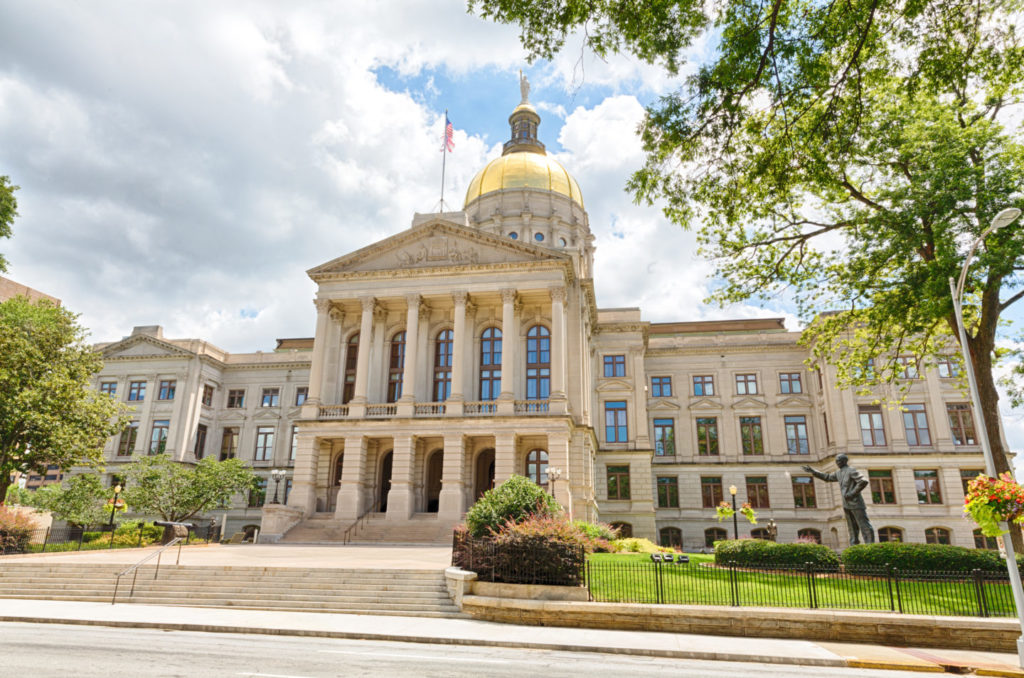Georgia Senate passes bill to create state-funded education savings accounts
(The Center Square) — The Georgia Senate passed legislation to create state-funded education savings accounts.
Under Senate Bill 233, the Georgia Promise Scholarship Act, taxpayers would fund…

(The Center Square) — The Georgia Senate passed legislation to create state-funded education savings accounts.
Under Senate Bill 233, the Georgia Promise Scholarship Act, taxpayers would fund $6,000 per student per school year. Families could use the money to defray “qualified” education costs, such as private school tuition.
“Parents across the country are demanding more educational options in the wake of the COVID-19 pandemic,” Buzz Brockway, vice president of public policy for the Georgia Center for Opportunity, said in a statement. “Now is not the time for more lip-service or half-hearted efforts to help students reverse learning loss. Georgia families need more opportunities and they need them now.
“Promise Scholarships would empower students to excel in their education,” Brockway added. “With S.B. 233 now headed to the House, we encourage lawmakers in that chamber to do right by Georgia families and make Promise Scholarships a reality. It’s well past time and we can’t afford to delay any longer.”
The measure would also task the Georgia Student Finance Commission to “promulgate rules and regulations” of the program. The state Senate voted 33-23 in favor of the bill.
“With this vote, the Senate has shown they are on the side of Georgia students and parents,” Americans for Prosperity – Georgia Deputy State Director Tony West said in a statement. “Promise Scholarship Accounts have the potential to help every student succeed and reach their full potential. I am glad to see the Senate approve this legislation, and urge the House to quickly pass the bill.”
According to a report from Public Funds Public Schools, a Southern Poverty Law Center and Education Law Center project, Georgia operates a “conventional voucher program” — the Special Needs Scholarship Program, launched in 2007 — and the Qualified Education Expense Tax Credit program, launched in 2008.
According to the group’s analysis, in fiscal 2009, the state’s spending on the voucher programs totaled $11.1 million, while per-pupil funding for public education was $10,536. In fiscal 2019, the state’s spending on vouchers increased to more than $109.1 million, while per-pupil funding for public education was $10,336.
“This report throws into stark relief a fact that education privatizers want to hide: the fiscal consequences of private school voucher programs are substantial, and these state expenditures are growing at a precipitous pace,” Jessica Levin, deputy litigation director at ELC and director of PFPS, said in an announcement.
“This trend is remarkable given the evidence showing that vouchers negatively affect academics, school integration, and civil rights,” Levin added. “If states do not rein in voucher spending and increase spending on evidence-based public education measures, the consequences for students across the nation will be severe.”



